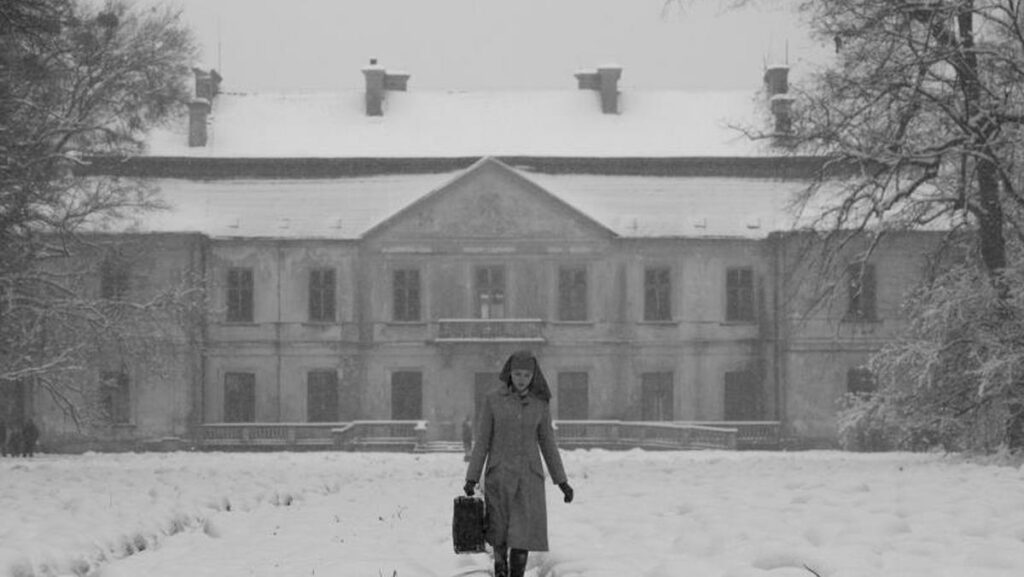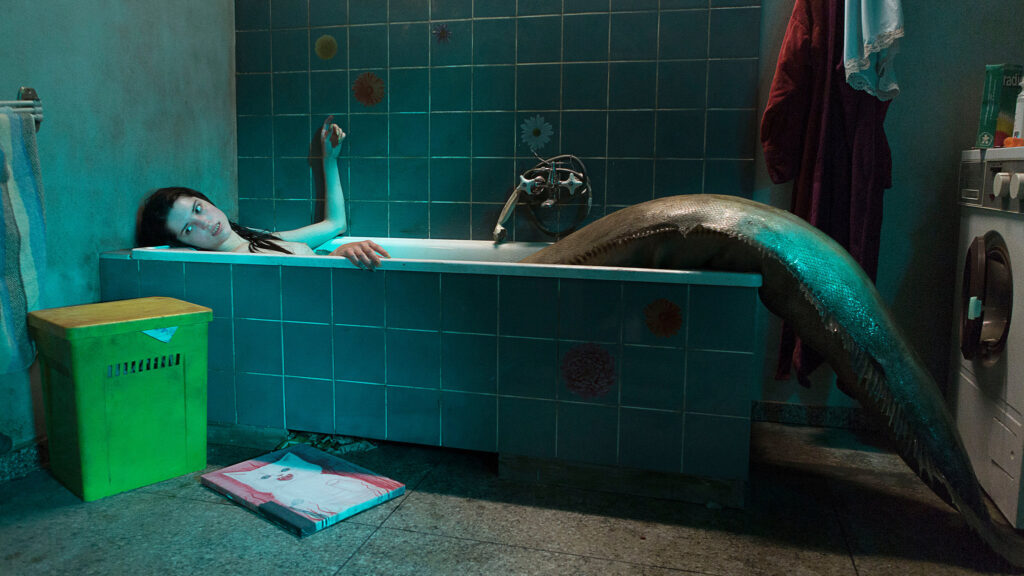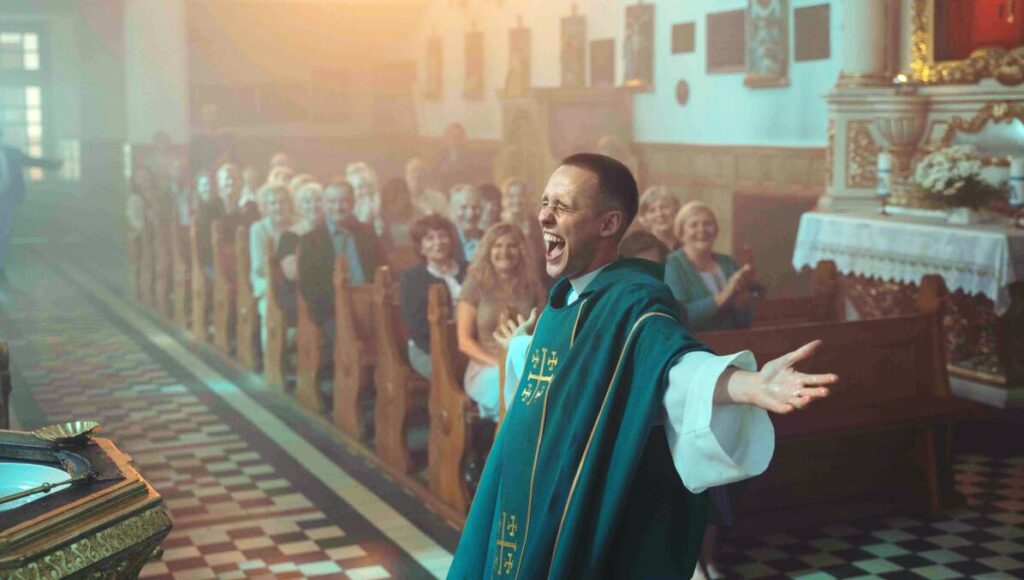Understanding Modern Polish Auteur Cinema: Must-Follow Polish Directors

Polish cinema has long been a powerful voice in world cinema, known for its deep philosophical inquiries, rich historical narratives, and bold visual storytelling. From the politically charged films of the 20th century to the innovative works of contemporary filmmakers, Polish cinema has continued to evolve while maintaining a distinct identity. Modern Polish auteur cinema, in particular, offers a rich tapestry of stories that are as diverse as they are profound. This article delves into the key figures who are shaping the landscape of Polish cinema today, exploring their unique contributions and the thematic concerns that define their work.
The Legacy of Polish Cinema: A Brief Overview
Before diving into contemporary filmmakers, it’s essential to understand the legacy that modern Polish directors are building upon. Polish cinema has a storied history, marked by the works of legendary directors like Andrzej Wajda, Krzysztof Kieślowski, and Agnieszka Holland. These filmmakers were instrumental in shaping the cinematic language of Poland, often addressing complex social and political issues with a blend of realism and symbolic imagery.

Wajda’s films, such as Ashes and Diamonds (1958) and Man of Marble (1977), explored Poland’s post-war reality and the tension between individual aspirations and collective history. Kieślowski, perhaps best known internationally for his Three Colors trilogy, used film to examine moral and existential dilemmas, often through an intimate, character-driven lens. These pioneers laid the groundwork for the current generation of Polish filmmakers, who continue to engage with the nation’s complex identity while pushing the boundaries of cinematic form.
The New Wave of Polish Cinema
In recent years, a new wave of Polish filmmakers has emerged, bringing fresh perspectives and innovative techniques to the forefront of global cinema. These directors are not only celebrated within Poland but have also garnered international acclaim, winning prestigious awards at film festivals and attracting a growing audience worldwide. Below are some of the most influential figures in modern Polish auteur cinema.
1. Paweł Pawlikowski
Paweł Pawlikowski is perhaps the most internationally recognized Polish director of the 21st century, known for his visually striking and emotionally resonant films. Born in Warsaw but raised in the UK, Pawlikowski’s work often explores themes of memory, identity, and loss, set against the backdrop of Poland’s turbulent history.

His 2013 film Ida is a landmark in contemporary Polish cinema. The story of a young nun discovering her Jewish heritage in post-war Poland, Ida is a meditative exploration of faith, guilt, and the scars of history. The film’s austere black-and-white cinematography and minimalist narrative style garnered widespread critical acclaim, earning Pawlikowski the Academy Award for Best Foreign Language Film.
Pawlikowski followed up with Cold War (2018), a love story set during the Cold War era that spans across Europe. The film’s exquisite cinematography, deeply felt performances, and the tragic romance at its core solidified Pawlikowski’s status as a leading auteur in world cinema. His films are noted for their precise compositions, subtle yet powerful storytelling, and a deep engagement with Poland’s historical and cultural landscape. You may check more info and filmography on IMDB.
2. Agnieszka Smoczyńska
Agnieszka Smoczyńska is one of the most exciting and innovative voices in Polish cinema today, known for her genre-defying films that blend fantasy, horror, and social commentary. Her debut feature, The Lure (2015), is a bold reimagining of the mermaid myth set in 1980s Poland. A mix of musical, horror, and fairy tale, the film tells the story of two mermaid sisters who become entangled in the dark underworld of Warsaw’s nightlife.

The Lure was a critical success, winning the Special Jury Prize at the Sundance Film Festival and establishing Smoczyńska as a filmmaker with a distinct and daring vision. Her ability to fuse the surreal with the socially relevant has drawn comparisons to directors like David Lynch and Guillermo del Toro, but her work remains deeply rooted in the Polish experience.
Smoczyńska’s subsequent films have continued to explore themes of identity, transformation, and the female experience, often through a lens that challenges conventional storytelling norms. She is a filmmaker unafraid to take risks, making her one of the most intriguing directors in modern Polish cinema. You may check more info and filmography on IMDB.
3. Małgorzata Szumowska
Małgorzata Szumowska is a prolific director and screenwriter whose films are known for their bold exploration of taboo subjects and complex human emotions. Her work often delves into the intricacies of human relationships, societal norms, and the search for identity, with a focus on the tensions between tradition and modernity.
One of Szumowska’s most acclaimed films is Body (2015), a darkly humorous and poignant exploration of grief, the body, and the supernatural. The film won the Silver Bear for Best Director at the Berlin International Film Festival, showcasing Szumowska’s ability to blend sharp social commentary with a keen sense of the absurd.

In Mug (2018), Szumowska tackles issues of national identity and social alienation through the story of a man who undergoes a face transplant after a disfiguring accident. The film is both a biting satire of contemporary Polish society and a deeply empathetic portrayal of a man’s struggle to reclaim his identity.
Szumowska’s films are characterized by their unflinching approach to difficult subjects, their emotional depth, and their ability to provoke thought and conversation. She is a filmmaker whose work resonates with audiences both in Poland and abroad, making her a key figure in the landscape of modern Polish cinema. You may check more info and filmography on IMDB.
4. Jan Komasa
Jan Komasa is a director whose work has gained significant attention for its exploration of contemporary Polish society, particularly its youth. Komasa’s films often deal with themes of disillusionment, faith, and the search for meaning in a rapidly changing world.
His breakout film, Suicide Room (2011), is a psychological drama that explores the dark side of internet culture and the alienation of modern youth. The film was both a critical and commercial success, resonating with young audiences in Poland and earning Komasa a reputation as a filmmaker attuned to the anxieties of the digital age.

Komasa’s Corpus Christi (2019) further established his position as a major voice in Polish cinema. The film, which tells the story of a young ex-convict who poses as a priest in a small village, is a powerful meditation on faith, redemption, and the nature of belief. Corpus Christi was nominated for the Academy Award for Best International Feature, bringing Komasa international recognition.
Komasa’s films are marked by their intense emotional impact, their engagement with contemporary social issues, and their exploration of the complexities of human behavior. He is a filmmaker with a keen eye for the contradictions and struggles of modern life, making him an essential figure in the current Polish cinema landscape. You may check more info and filmography on IMDB.
5. Łukasz Żal
While not a director in the traditional sense, Łukasz Żal is a cinematographer whose work has been instrumental in defining the visual language of modern Polish cinema. Żal’s collaboration with Paweł Pawlikowski on Ida and Cold Warbrought him international acclaim, with his work on Ida earning him an Academy Award nomination for Best Cinematography.
Żal’s cinematography is characterized by its meticulous composition, use of natural light, and a deep sensitivity to the emotional tone of the narrative. His ability to create powerful visual storytelling without relying on dialogue has made him one of the most sought-after cinematographers in the world.
Beyond his work with Pawlikowski, Żal has also collaborated with other notable directors, bringing his unique visual style to a range of films. His contribution to modern Polish cinema is invaluable, as he continues to shape the aesthetic direction of the industry. You may check more info and filmography on IMDB.
Thematic Concerns in Modern Polish Cinema
One of the defining features of modern Polish auteur cinema is its engagement with Poland’s complex history and identity. Many contemporary filmmakers continue to grapple with the country’s past, whether it’s the legacy of World War II, the impact of communism, or the challenges of post-communist society. However, unlike the older generation of filmmakers, who often addressed these themes directly, modern directors tend to approach them through more personal and intimate stories.
Themes of identity, memory, and the search for meaning are pervasive in modern Polish cinema. Directors like Pawlikowski and Szumowska explore how individuals navigate their sense of self in a world that is constantly shifting, whether due to historical forces or personal crises. The question of what it means to be Polish in a globalized world is another recurring motif, with filmmakers examining both the pride and the burden of national identity.
Visual storytelling also plays a crucial role in modern Polish cinema. Many contemporary filmmakers, influenced by the minimalist aesthetic of Kieślowski and Wajda, use stark, often monochromatic imagery to convey their themes. The use of natural light, long takes, and carefully composed shots creates a sense of realism and intimacy that draws the audience into the characters’ inner worlds.
Conclusion: The Future of Polish Auteur Cinema
Modern Polish cinema is a vibrant and dynamic field, with directors who are unafraid to tackle complex and often uncomfortable subjects. Whether through the haunting historical dramas of Paweł Pawlikowski, the genre-blending fantasies of Agnieszka Smoczyńska, or the socially charged narratives of Jan Komasa, these filmmakers are continuing the rich tradition of Polish cinema while also pushing it in new and exciting directions.
As Polish cinema continues to gain recognition on the world stage, these directors—and others emerging alongside them—will undoubtedly continue to shape the future of the medium. For anyone interested in the evolving landscape of world cinema, keeping an eye on these modern Polish auteurs is essential. Their work not only reflects the unique cultural and historical context of Poland but also offers universal insights into the human condition, making them indispensable voices in contemporary film.
You may also check our other features…
